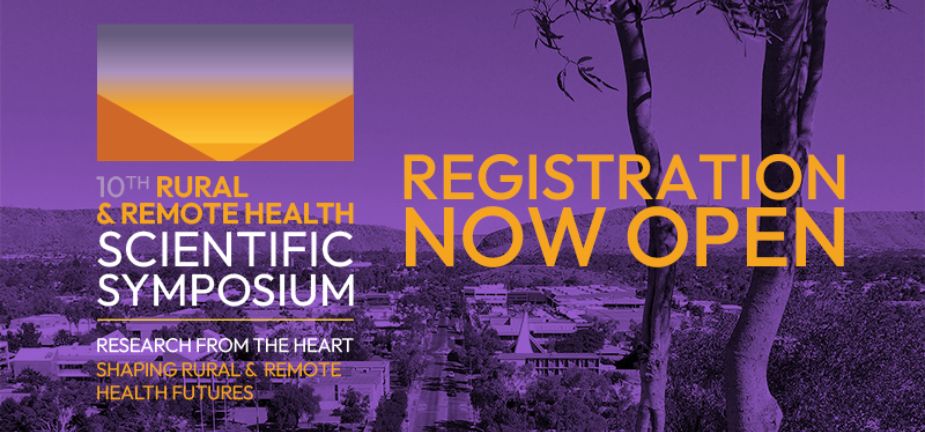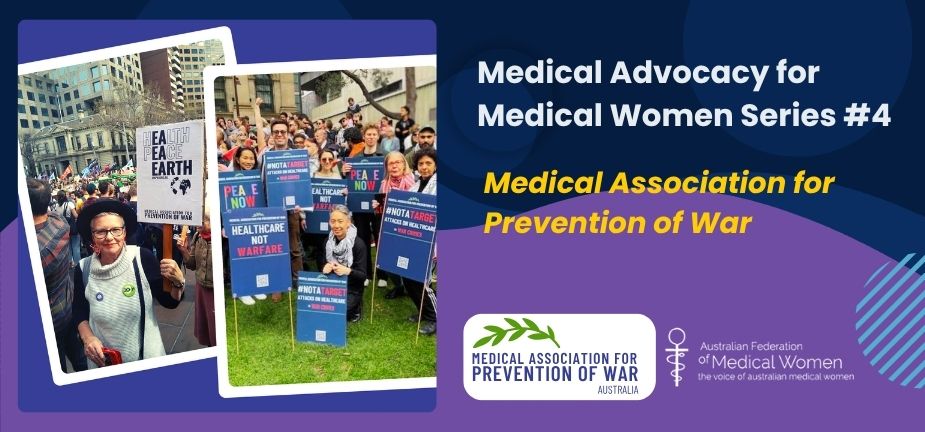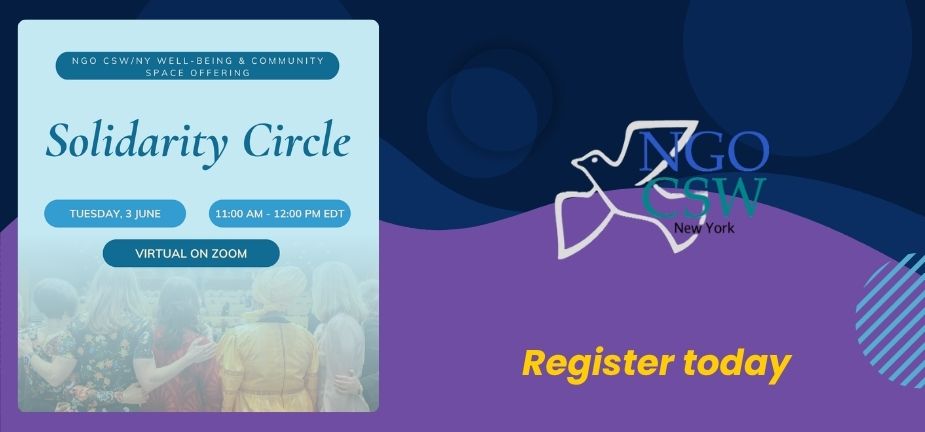The thought of approaching people “higher than me”, was a daunting task. Movies and TV shows that are based around the hospital environment often depict and over exaggerate very poor treatment of the young, “fresh out of the ranks” medical students. Talking to interns and registrars was scary enough to think about, therefore any contemplation of even approaching consultants seemed out of the question.
It dawned on me on my first day in the hospital though, that there was no reason to be frightened of stepping forward and taking charge of my learning. I had been being assertive in my life for many years now, on multiple committees and amongst friends and in my previous years of study, therefore I believed that this hospital placement should be approached in the same way as these many other situations in my life.
Some of my key assertive pointers include:
– Being proactive. It is no use being passive and waiting for opportunities to come your way. People first of all do not know what your ideas or feelings are if you do not communicate them and often people do not have time to ask what you would like or think about something, therefore you need to express what you are thinking before it is too late, and the topic is closed or the opportunity has passed. Often in my situations in the hospital, tutors will ask if there is anything else you would like to know or do in the session. Usually everyone sits back when this question is asked and are often are too afraid or just can’t be bothered to request extra material or tutoring. This is the time, that I have found you should really take the opportunity, even have a question in the back of your mind before you start.
– Be confident and brave. I have found that often in committees, when leading a group of people, you need to be confident in your abilities and decisions and be brave to voice these. If it appears to committee members that you lack confidence, then they will lose confidence in your ideas or leadership as well. Confidence includes admitting when you do not know the answers, and asking for help or guidance. Asking questions is being assertive, as you are taking charge of what you know and want to find out. I have found that in the hospital environment, being brave enough to ask questions is very important, it is no use waiting around and hoping that it will be answered or someone else will ask it. Assertiveness involves putting yourself forward, and perhaps every now and again looking slightly stupid, if you ask an obvious question, nine times out of 10 it is a question that everyone else had as well and were not willing to ask.
– Communicate Clearly. You need to be able to communicate to people, what your intentions are in order to be assertive, otherwise your assertiveness may be misunderstood, backfire or simply not work. This minimizes confusion, especially amongst members in a committee. People all know where they stand, and you can get the best out of the situation for everyone. For example being assertive in terms of organising a tutorial fails if you do not communicate properly with the tutor and fellow peers about the timing, placement and venue.
– Be direct. There is no use in “beating around the bush.” Often many people have different opinions on topics, and there are often situations in committee meetings, in which your opinion is sort. Being direct might mean moving a clear motion or just making a suggestion that people can agree or disagree with.
– Putting “yourself out there.” Nothing new comes from asking the same questions as everyone else or doing what everyone has always done.
– Do not be afraid. Be prepared to laugh at yourself if it “all comes undone.” Most of the time you won’t need to.
– Assertiveness does not mean dominance. Non assertive people amongst the group must not be pushed aside, but rather included and involved in what is occurring around them. By their inclusion, they too learn to become more confident and learn to be more assertive. If the non assertive people are dominated, then the idea of a team is useless and the full potential of all team members is not being used.
– In control of yourself and the situation. Often assertiveness is needed in committee meetings especially in order to have tasks accomplished. Asserting control over some situations such as task allocation and requests of people to do things that they would not necessarily enjoy doing involves calling on many different leadership skills including diplomacy and patience.
– Have a plan. You need to have a sense of what your aims and goals are. What you want to gain from your experience and time otherwise there is a lot of wasted time, and you can not be assertive as there is no path to take and if you are confused by your own aims, then how is anyone else expected to understand your questions or requests.
– Have goals. Especially working on a committee, I have found that setting goals is an extremely important part of assertiveness, because if there are no goals then there is nothing to work from or work back to and meetings lack structure and you lose the interest and focus of committee members
– Respect others. This is an important aspect of assertiveness. You must be confident in expressing your own opinions, but not disrespect or forget the fact other people may have different ideas and needs that need to be addressed and accommodated for.
Assertiveness is an extremely important part of leadership, leadership amongst my peers by being the one to organize tutorials or approach consultants with questions has helped me but also helped my peers in the experiences we have gained and also encouraged them to step forward and become assertive as well.
Over this year, my ability to apply all my assertive techniques has improved immensely with practice and increased confidence. I have found these pointers very helpful, and found that my effectiveness has increased outside the university environment amongst my friends and in relationships.
Assertiveness Techniques was authored by Miss Annie Kilpatrick (VIC) in October 2008 as part of her AFMW Leadership Scholarship.









